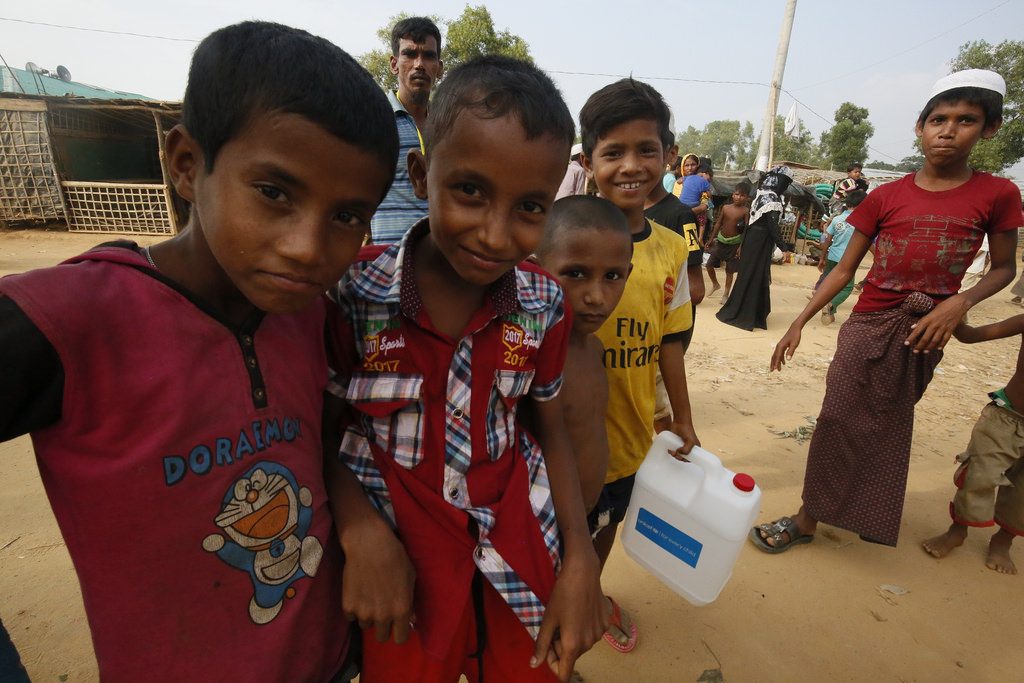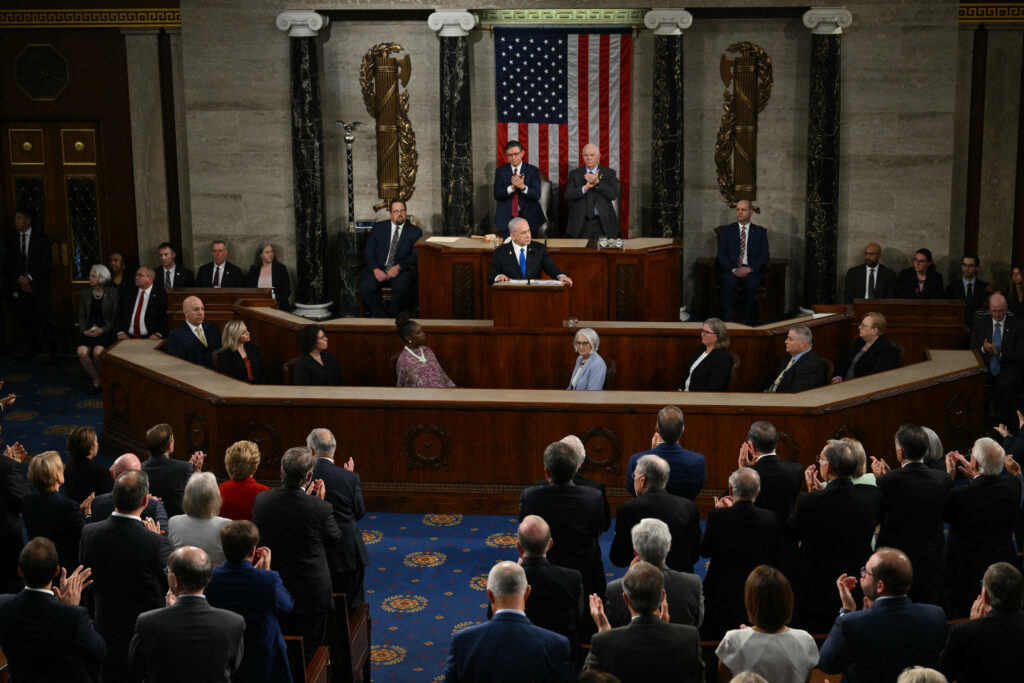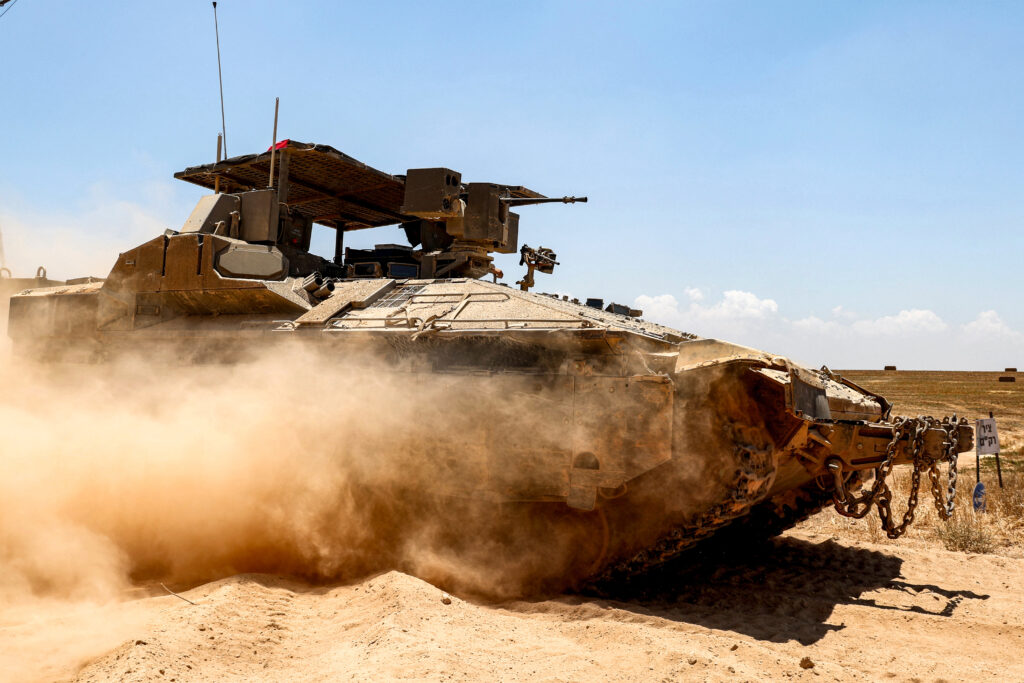Charity Networks Series – A Note from the Editorial Team
While the prevalent view of Islam, and specifically of Islamic charities, is that their influence flows from the Middle East to Southeast Asia, this paper examines transnational charity networks that flow in the opposite direction. It highlights the small flow of humanitarian assistance from Southeast Asia to the Middle East and the Southeast Asian-led charity network linking the two regions which is focused on exchanging ideas.
By Amelia Fauzia









